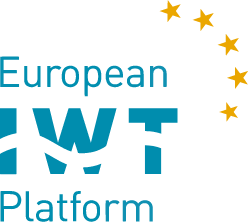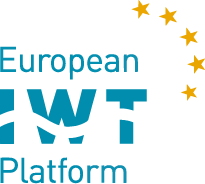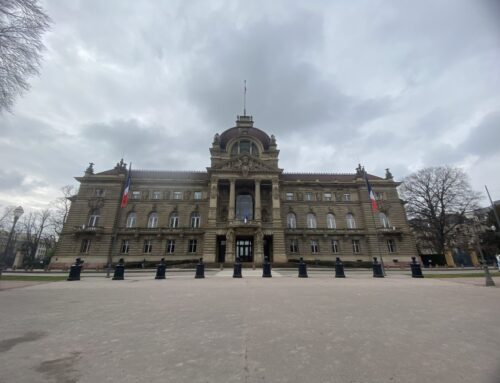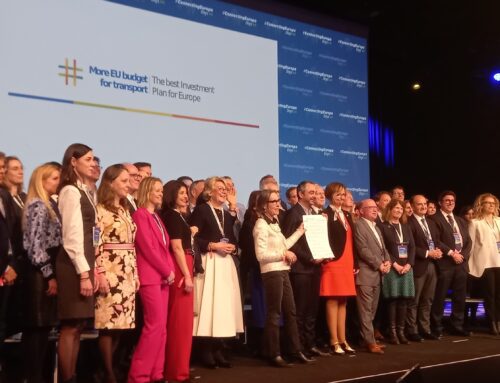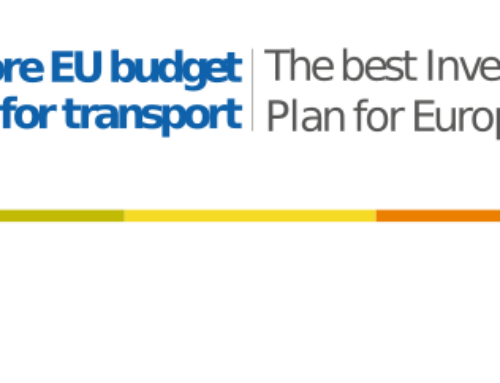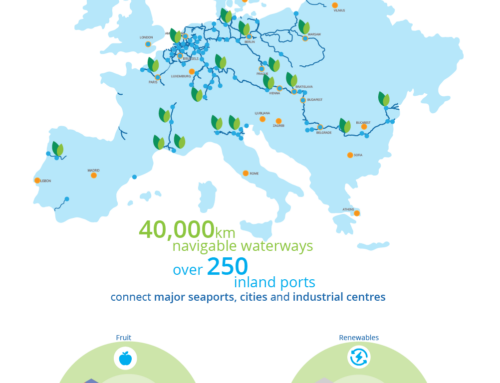Collisions with bridges and other infrastructure are a frequent type of accident in European inland shipping. Various sources show that in a very large number of cases the human factor is the primary cause of these accidents.
Following the above, EBU/ESO (collaborating in the IWT Platform), IVR and the Dutch Ministry of Infrastructure and Water management commissioned the Intergo research agency to conduct a study titled “Human factors root causes of accidents in inland navigation”. A good analysis of the causes of the incidents, which can form the basis for potential measures to be taken, is desirable. The research consists of 2 phases and IVR, EBU/ESO (IWT Platform) and the Dutch delegation are pleased to report that phase 1 has recently been completed and the results of this research phase can be shared. Please find below a brief explanation of the different phases. Also the follow-up study is to be discussed.
Phase 1: Data expert analysis
Phase 1 is a desk study of available statistical data. This phase consists of identifying and prioritizing the main causes of selected categories of inland navigation accidents (ship-ship collisions, ship-object collisions, etc.) in the Netherlands, Belgium and Germany. The findings from all analyses are aggregated in five concluding topics being the impact of human factors in incidents, processes within the vessel/wheelhouse, organizational processes, infrastructural issues, and environmental factors. The conclusion that human factors account for about 70-80% of all incidents was also proven in this study. A major root cause was (mis)communication as this was identified in 40% of the cases of the Dutch SOS database. This was also recognized by the Sailing for Excellence focus group, a group of experts who shared their ideas and opinions during a meeting in September 2020. Another factor that was decisive in the number of accidents is the time of day and month of the year as this is also linked to factors like fatigue and distraction. The Sailing for Excellence focus group explicitly demanded attention for organizational culture as this can also be possibly linked to factors like work pressure, fatigue and distraction. This factor will be more analysed in-depth in the follow up study.
Attachments:
Dutch report: Menselijke factoren aan de basis van ongevallen in de binnenvaart
English report: Human factors root causes of accidents in inland navigation
Phase 2: more in-depth research
Now that phase 1 has been completed, we will continue with phase 2, a more in-depth analysis in 2021. Input from the inland shipping sector is again very important. In view of the results and the conclusion of the Intergo report on phase 1, it is preferable to split the follow-up into phase 2a and 2b.
Phase 2a: Human-machine interface in the wheelhouse
Further researching into the human-machine interface in the wheelhouse, also seen in the light of current and future levels of information provision and automation, knowing that human system integration is hardly used in inland shipping, leading to insufficient human-machine interfaces.
Phase 2b: Further research into four common accident causes
This phase includes further research of the most plausible causes of four selected accident causes: communication, fatigue and stress, specific waterways or situations, and qualification of the crew member.
The final scope and extent of phase 2 also depends on whether or not financing can be found.
As the input of the entire inland navigation sector for phase 2 is very important to us, it is most likely that during next year we will make an appeal to you to share information with us by, for example, completing questionnaires, but also to participate in the so called Sailing for Excellence sessions.
The IWT Platform, IVR and the Dutch Ministry of Infrastructure and Water management hope to be able to make a useful and substantiated contribution to the further discussion and research on the subject of human factors root causes of accidents in inland navigation. It is an important topic. For safety on board of inland vessels, but also for the image of inland shipping as a safe mode of transport. For now we thank all parties involved for their contribution in the first phase of the research project.
18 December 2020
